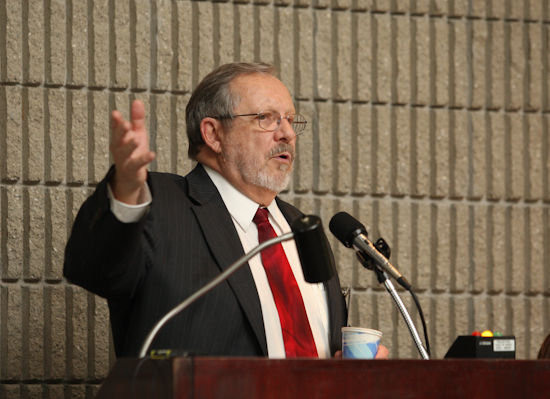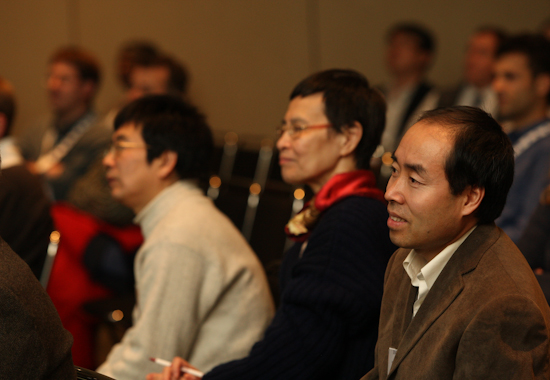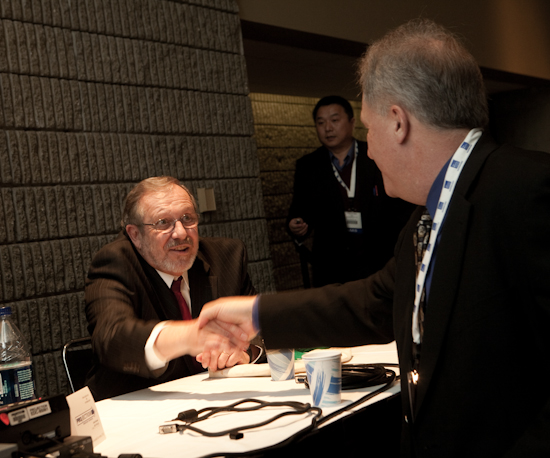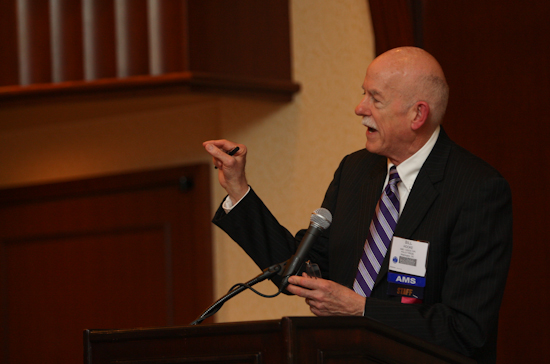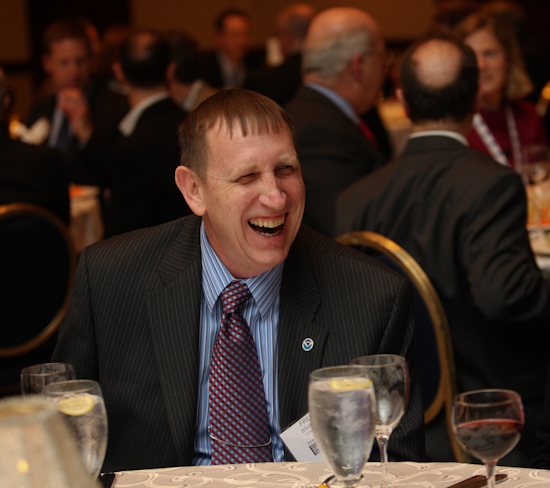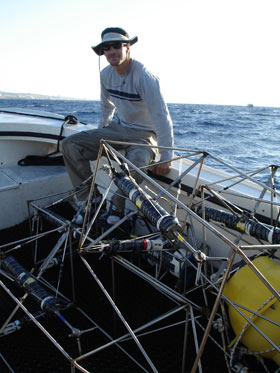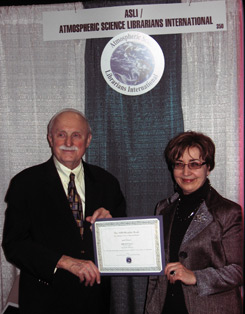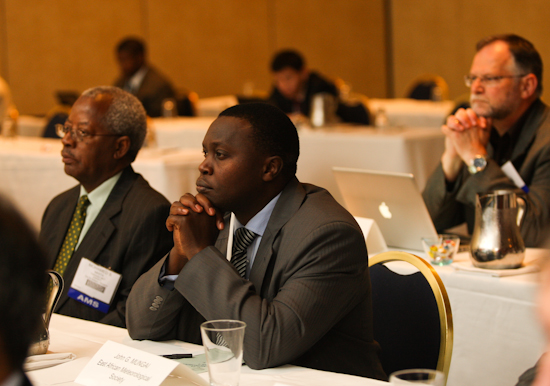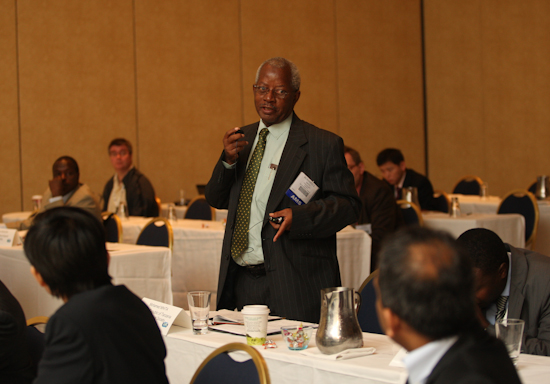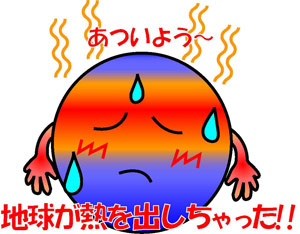Brooks Garner, broadcast meteorologist with WIS-TV in Columbia, South Carolina, shares on his blog some interesting impressions from the climate variability and change sessions at the recent AMS meeting in Atlanta. He notes that the process of science we witnessed at the AMS meeting doesn’t fit the pace of the contemporary mindset:
In a culture characterized by the hunger for “instant gratification” (“IG”) in everything from consumerism to relationships, naturally science is struggling through the same tide….
He witnesses some contentious arguments, glaring discrecpancies in interpretations, and clashing priorities that fueled some occasionally tense sessions in Atlanta, like a science “reality show.” Even amid this scientific culture of constant debate and disagreement and incremental progress in understanding, Garner can see that experts overwhelmingly agree that warming is happening and we can’t ignore the consequences. He can also see why the public is not always convinced
[I]nstant gratification will never occur on the topic of global warming. Science will never agree completely in its effects or a solution. But one thing I can guarantee you: the research will never stop, the debate will never cool, and the naysayer’s will never rest. If they did, it would no longer be ‘science’, but instead ‘belief’.
Then he adds a piece of good advice:
Do you “believe” in global warming? I hope not. I hope that everyone would stop “believing” and instead spend that energy learning as much as possible about the subject.
This attitude is the antithesis of instant gratifcation; one striking aspect of Garner’s viewpoint is how similar it is to another blogger-scientist who posted not long after the East Anglia e-mails made the news.
Thomas Zurbuchen is Associate Dean at the Center for Entrepreneurship in the College of Engineering of the University of Michigan. In a posting titled, “Messy Science,” Zurbuchen wrote that the scientists’ e-mails didn’t tell him anything new about climate change, but the huge number of comments about the e-mails he’d received were disturbing.
I am left with a deep sense that most people don’t understand science, or its pursuit. Doing science is more like orienteering, and less like a 100 meter dash. Doing science is messy!
“Most people” includes science grad students, Zurbuchen says. A lot of grad students expect quick success–or at least steady success with every project. They don’t realize that a lot of ideas and hard work are flushed away by competing evidence.
To most budding scientists, this leads to a major crisis. Now, they have to decide whether they want to be a scientist! As they go forward, they notice that science is about search, and struggles. It is about false starts, about failed projects. It’s not about victory [laps]….
The East Anglia e-mails, he said, showed how frustrated scientists can become, which leads to all sorts of behavior, including lashing out at the peer review system. While an instant gratification culture may not be able to embrace scientists’ oft-fallible responses to a rock-solid, rock-slow process, Zurbuchen, like Garner, sees signs of the health of the enterprise despite the humanity of the participants:
Yes, science is not an orderly, straightforward path. It is littered with messy turns and twists. For me, that has been the only reason I have become a scientist. If it was predictable, everybody could be a successful scientist!

